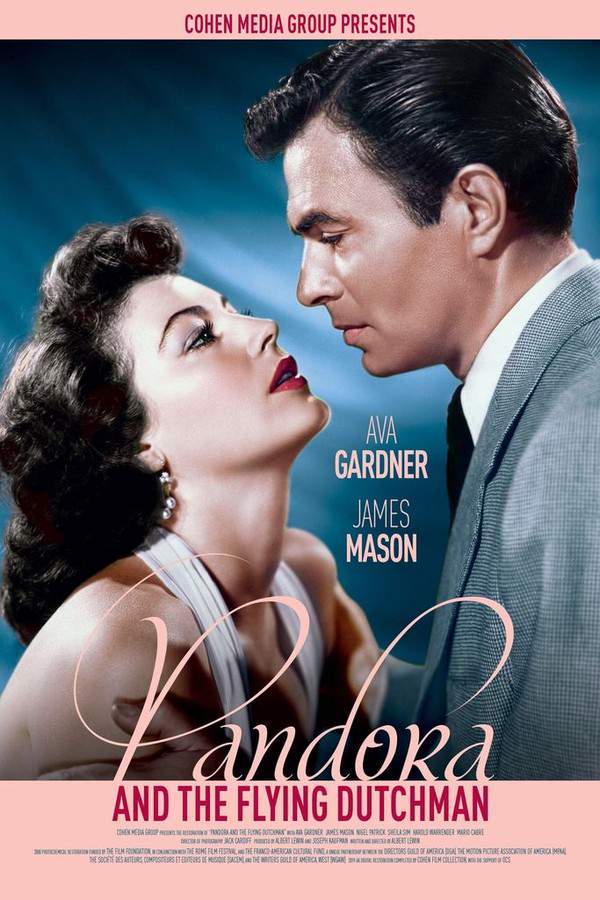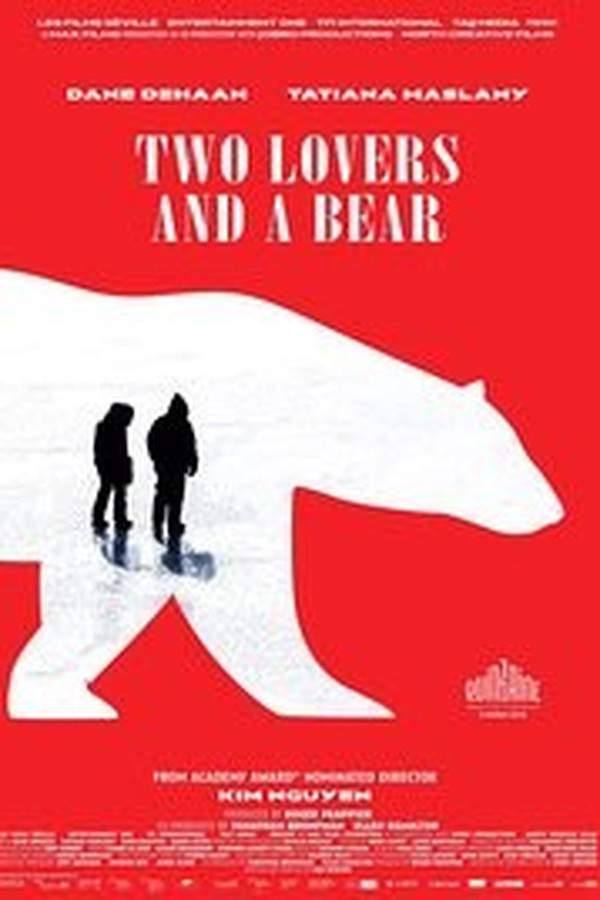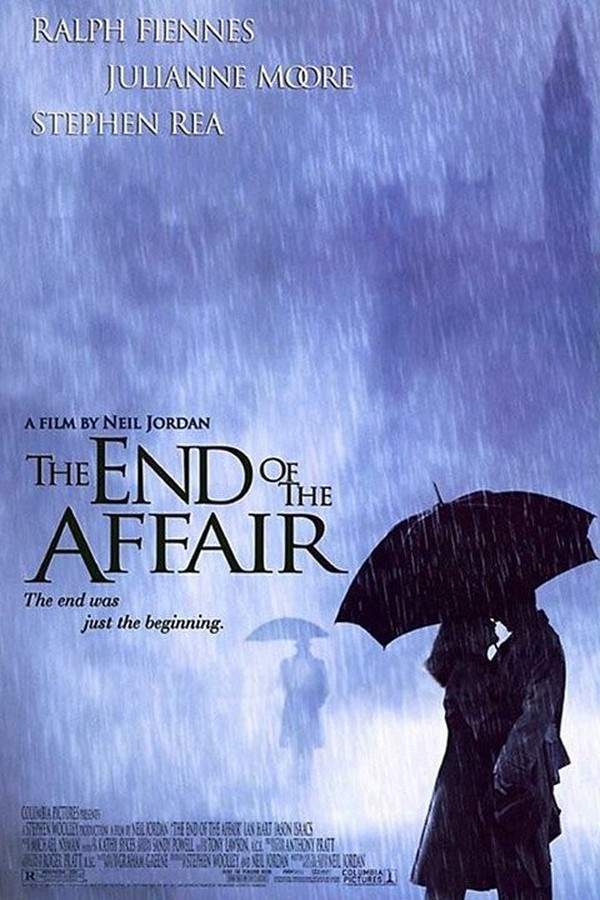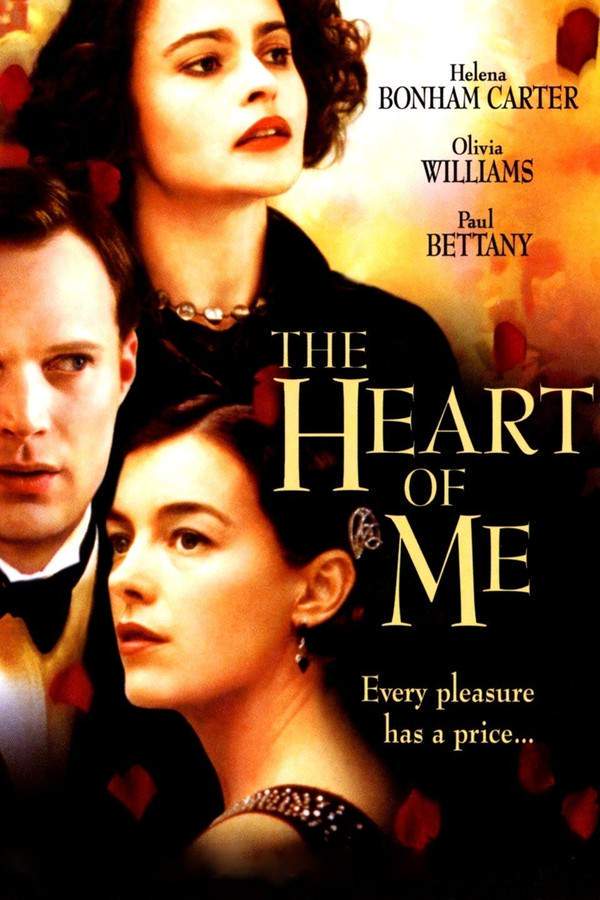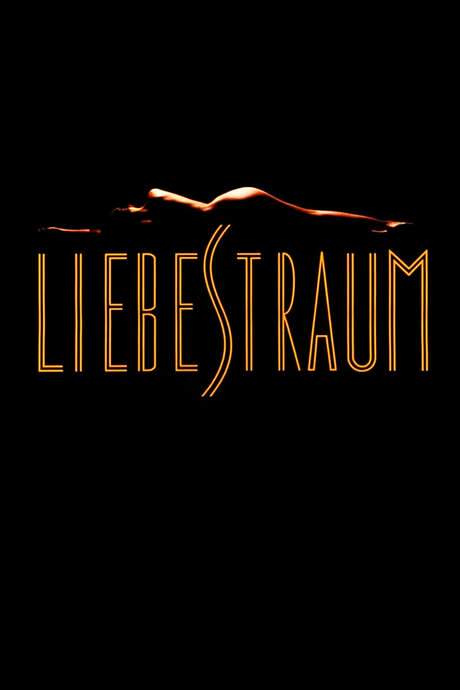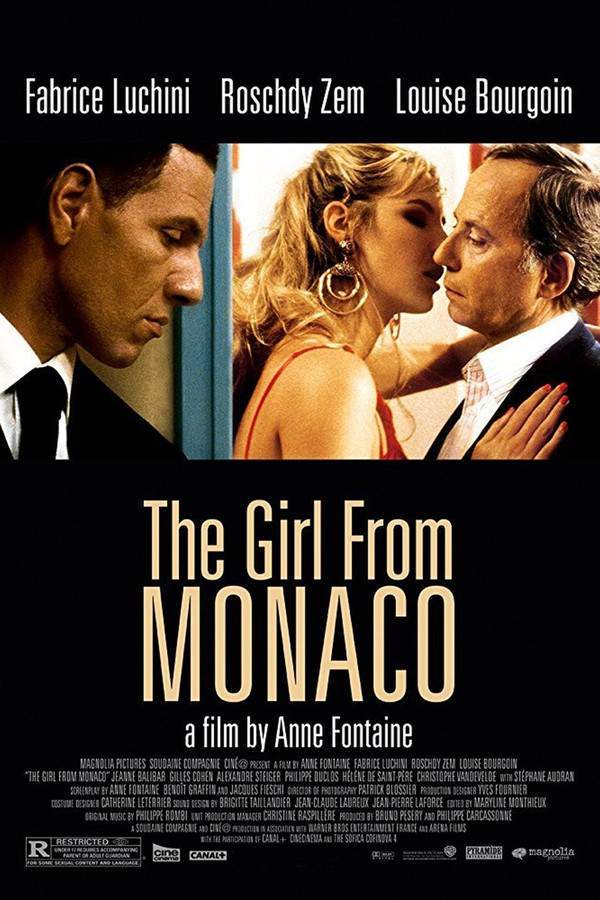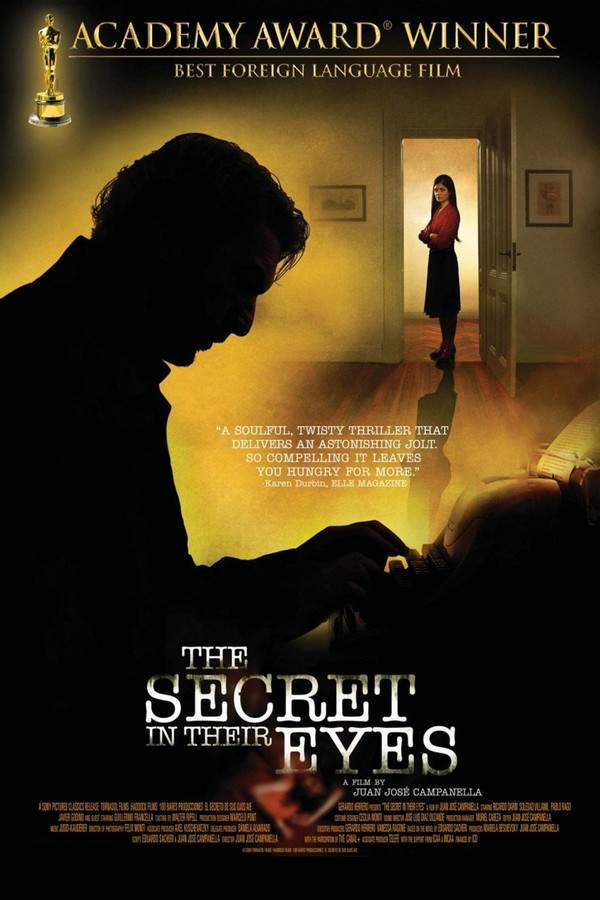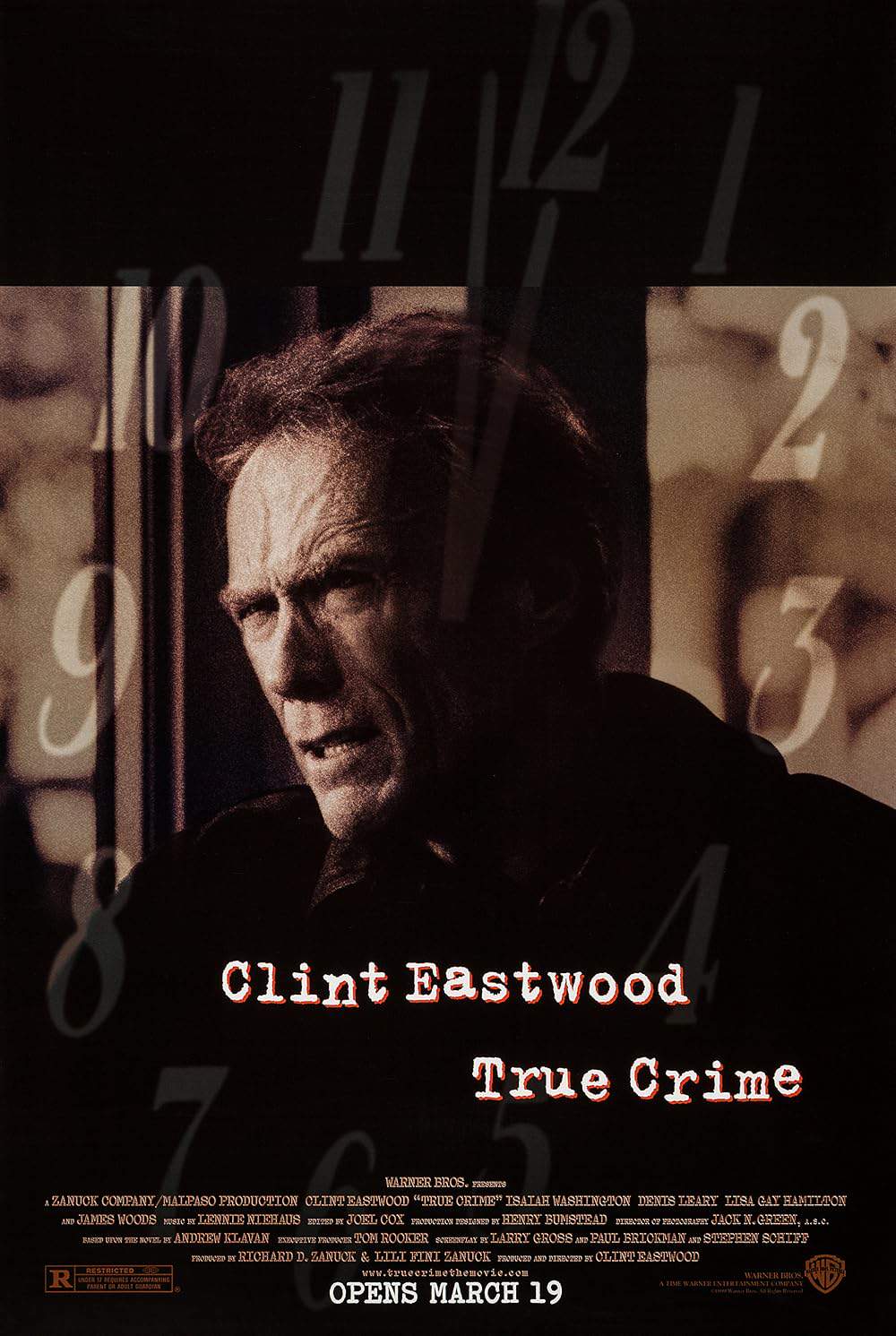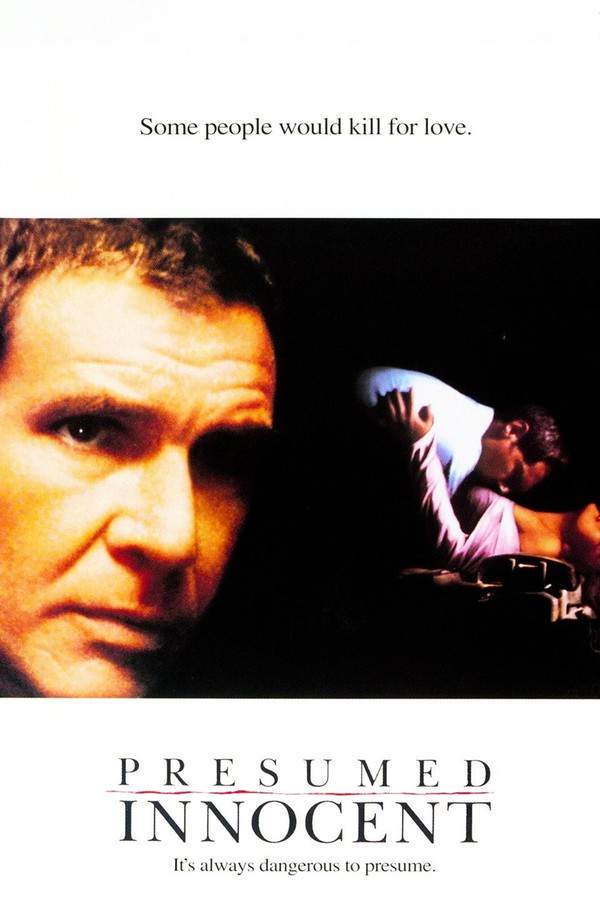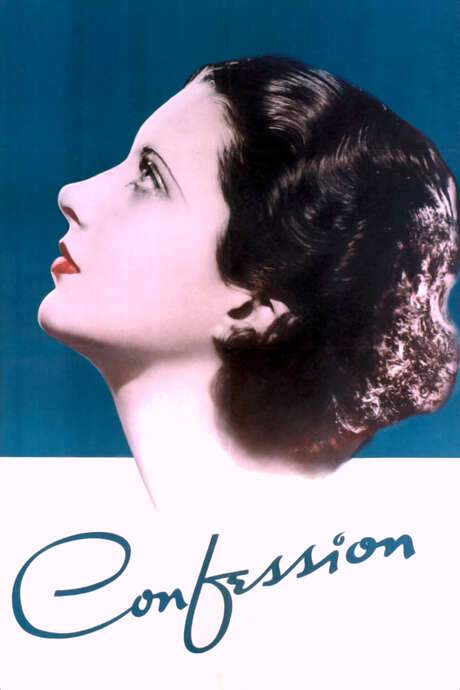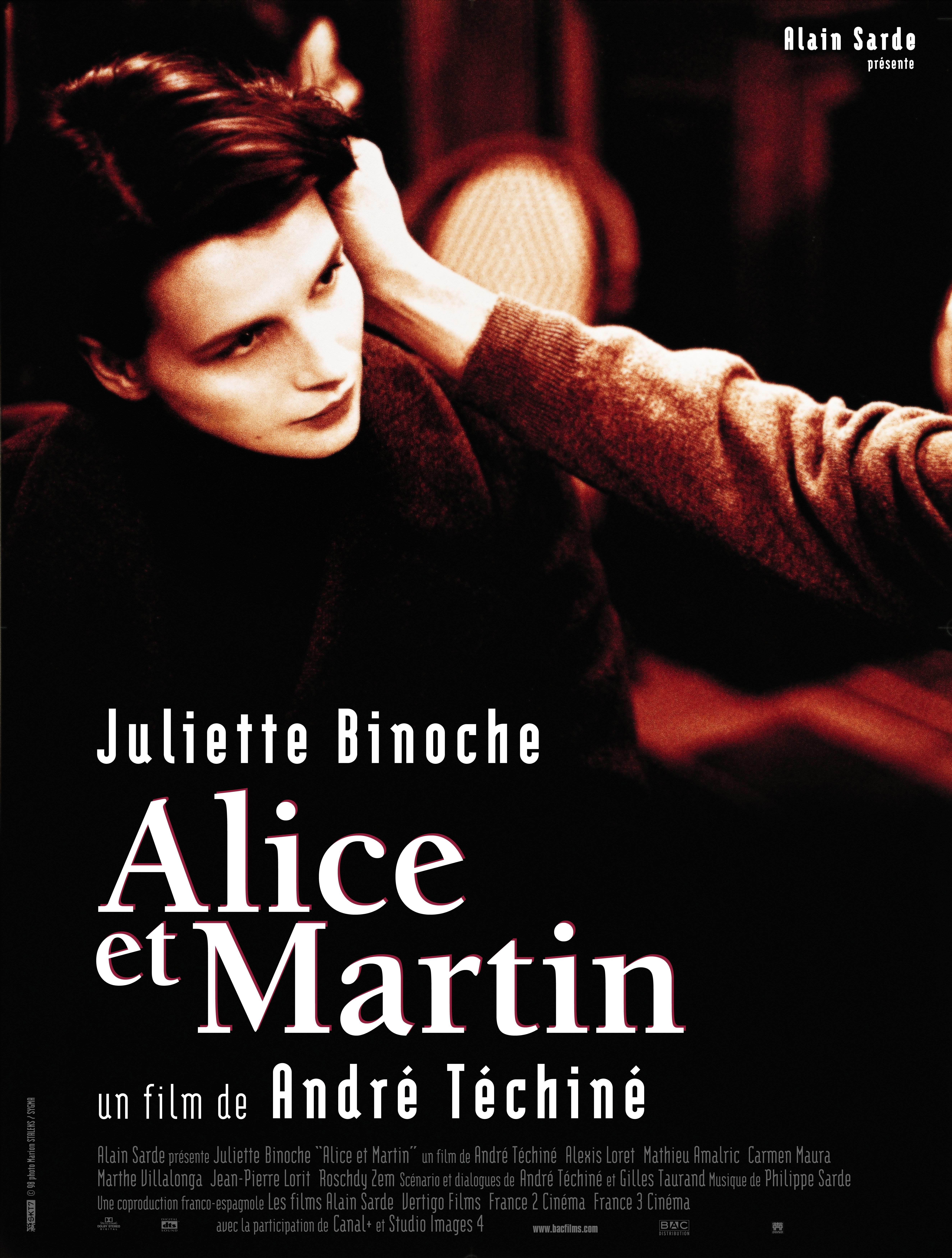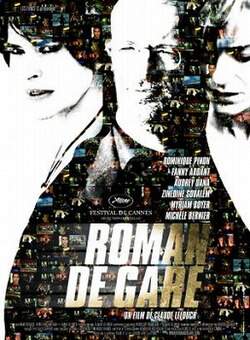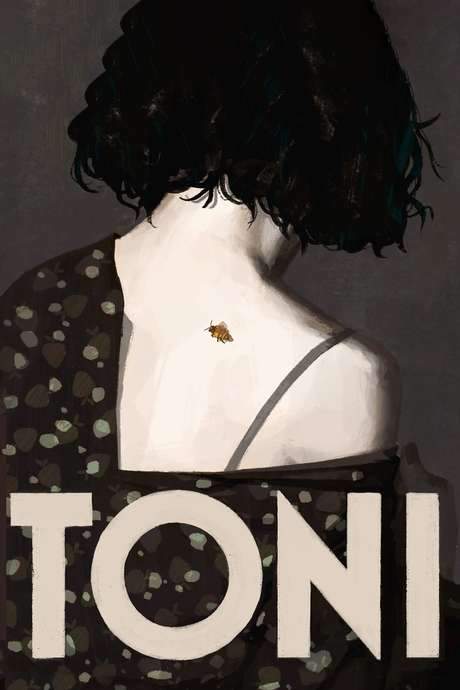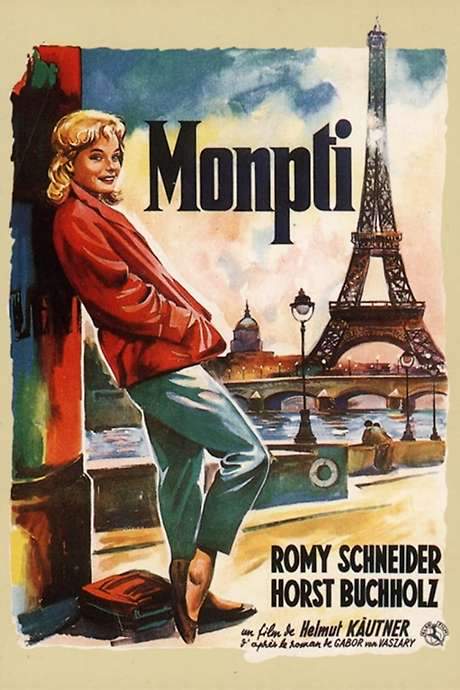
Martin Roumagnac
Year: 1946
Runtime: 115 mins
Language: French
Director: Georges Lacombe
Martin Roumagnac, a local building contractor, becomes infatuated with the stylish Blanche Ferrand. To impress her, he builds a lavish villa, a gift that leaves him financially ruined. Despite his persistent devotion, Blanche remains torn between Martin and the wealthy Consul De Laubry, unable to choose.
Warning: spoilers below!
Haven’t seen Martin Roumagnac yet? This summary contains major spoilers. Bookmark the page, watch the movie, and come back for the full breakdown. If you're ready, scroll on and relive the story!
Martin Roumagnac (1946) – Full Plot Summary & Ending Explained
Read the complete plot breakdown of Martin Roumagnac (1946), including all key story events, major twists, and the ending explained in detail. Discover what really happened—and what it all means.
In a quiet country town, Martin Roumagnac is a well-liked building contractor who keeps a modest life in a shack beside the home he is quietly developing—a villa on land he has bought, a symbol of his steady, grounded world. He shares this space with his sister, and life rolls along with the rhythms of work, small-town gossip, and the routines that keep the community comfortable.
Into town comes Blanche Ferrand, an exotic widow who recently married the seed-and-grain shop owner before his untimely death. Blanche has her eye on the next match in life’s game: Laubry, a retired diplomat with a dying wife, and in the meantime she keeps a toehold on freedom through an occasional lover and by fending off a besotted schoolteacher. Blanche’s arrival is framed by the presence of her uncle, a man whose influence she cherishes but whose true loyalties are shaded by past connections. Blanche Ferrand enters the town with a calculated distance from the world she longs for and a hunger for the sharp edge of Parisian life, which fascinates her but also unsettles Martin, who cannot quite anticipate the currents she rides.
At a boxing match one evening, Blanche sits next to the ebullient [Martin Roumagnac], and their immediate chemistry becomes more than a spark: they fall into a consuming romance. The villa that Martin has built becomes Blanche’s gift in spirit if not in bank balance, and in giving it to her he damages his own financial standing and creditworthiness. Their private, feverish affair is real and deep, but public life in the town cannot accommodate the same intimacy. Blanche’s refined tastes clash with Martin’s rougher sensibilities—his Pernod, his Gauloises, and his straightforward, unpolished manner—creating a widening gulf between them that grows as gossip gnaws at his reputation.
As Martin’s business falters under the weight of their relationship and the town’s judgment, Blanche begins to see that her path with him may not satisfy the social ambitions she still harbors. She rejects a local suitor, and then a plan with Laubry seems possible—yet Laubry’s own social expectations, and his insistence that she sever ties with Martin to protect Blanche’s standing, abruptly end any easy alliance. With her shop sold and her decision to leave town firm, Blanche releases a flock of birds she intends to free, even though they are not native—an outward symbol of a freedom she believes she can still claim, even as winter looms.
Martin, oblivious to Blanche’s full truth, confronts the villa in anger when he suspects he is being betrayed. In a fierce moment, he strangles the woman he loves, and the villa itself catches fire, erasing the evidence of what happened. He returns home in a daze, and his sister—who has seen enough—agrees to provide an alibi and enlists the postman as a witness, effectively turning back time so that it seems Martin was lunching when the crime occurred.
The trial unfolds with the town’s eyes on the defendant. The defense hinges on a web of testimony, and Blanche’s uncle steps forward with a revelation that shocks everyone: from her teens, she had many men, a fact that ceases to be merely scandal and becomes a crucial emotional weapon in the courtroom. Martin, who has been driven by a single, tragic act, is suddenly forced to confront the possibility that his jealousy and possessiveness may have blinded him to a different truth about Blanche’s heart. The old man’s blow lands where it hurts most: Blanche had rejected the consul and his wealth not because of any real betrayal by Martin, but because she despised the petty snobbery of that social circle. This revelation reframes Martin’s act, illuminating the injustice of his punishment and the unfairness done to the woman he truly loved.
The jury acquits Martin unanimously, and he returns home to a party organized by his sister, whose lie-secured alibi has carried him through to the other side of judgment. Yet in the shadows, the besotted schoolteacher lingers, watching the proceedings with a cold, calculating gaze and a loaded gun. Martin, sensing the mounting danger, turns away from the window, slowly accepting the consequences of the night’s violence as he lights his last Gauloise and waits for what might come next. The film closes on a note of wary stillness, where a man’s yearning for love collides with the fearsome power of his own actions, and the future remains uncertain in the smoke-filled air of a small town that can never fully forget.
Last Updated: October 09, 2025 at 11:19
Explore Movie Threads
Discover curated groups of movies connected by mood, themes, and story style. Browse collections built around emotion, atmosphere, and narrative focus to easily find films that match what you feel like watching right now.
Doomed Romance Stories with a Tragic End like in Martin Roumagnac
Stories where an obsessive love spirals into an inevitable, tragic outcome.If you were captivated by the fatalistic love story in Martin Roumagnac, explore more movies about obsessive relationships and fatal attractions. These films feature intense, melancholic romances where characters are consumed by their passions, leading to tragic consequences and heavy emotional endings, perfect for viewers who like complex, bittersweet dramas.
Narrative Summary
The narrative pattern follows a protagonist who becomes deeply infatuated, often with someone from a different social class or with conflicting ambitions. Their devotion leads to significant personal sacrifice, but the object of their affection remains elusive or conflicted. This imbalance builds tension until it culminates in a crime of passion, a violent confrontation, or another form of tragic collapse, leaving the characters forever changed.
Why These Movies?
These films are grouped by their shared exploration of love as a destructive force. They share a melancholic, fatalistic tone, a steady pacing that builds dread, and a heavy emotional weight centered on the irreversible consequences of obsession. The endings are typically bittersweet or bleak, offering no clean resolution to the emotional devastation.
Crime of Passion Dramas with a Moral Dilemma like in Martin Roumagnac
Dramas focused on the intense love that motivates a violent crime and its complex fallout.Fans of Martin Roumagnac's exploration of love leading to violence will appreciate these crime of passion dramas. Discover similar movies where a romantic obsession triggers a murder or violent act, followed by a tense trial and a morally complex ending that questions justice and redemption.
Narrative Summary
The narrative typically unfolds in three acts: the establishment of an intense, often fraught romance; a sudden, explosive act of violence born from jealousy or desperation; and a final act dealing with the aftermath, such as a trial or social ostracization. The journey forces characters and viewers to confront difficult questions about motive, morality, and the price of passion.
Why These Movies?
These movies are linked by their central plot device—a crime motivated by love—and their shared tone of somber intensity. They feature a steady pacing that allows the tension to simmer before the violent climax, and they carry a heavy emotional weight due to the irreversible nature of the act. The ending feel is often bittersweet or ambiguous, focusing on the lingering moral stain rather than legal punishment.
Unlock the Full Story of Martin Roumagnac
Don't stop at just watching — explore Martin Roumagnac in full detail. From the complete plot summary and scene-by-scene timeline to character breakdowns, thematic analysis, and a deep dive into the ending — every page helps you truly understand what Martin Roumagnac is all about. Plus, discover what's next after the movie.
Martin Roumagnac Timeline
Track the full timeline of Martin Roumagnac with every major event arranged chronologically. Perfect for decoding non-linear storytelling, flashbacks, or parallel narratives with a clear scene-by-scene breakdown.

Characters, Settings & Themes in Martin Roumagnac
Discover the characters, locations, and core themes that shape Martin Roumagnac. Get insights into symbolic elements, setting significance, and deeper narrative meaning — ideal for thematic analysis and movie breakdowns.

Martin Roumagnac Spoiler-Free Summary
Get a quick, spoiler-free overview of Martin Roumagnac that covers the main plot points and key details without revealing any major twists or spoilers. Perfect for those who want to know what to expect before diving in.

More About Martin Roumagnac
Visit What's After the Movie to explore more about Martin Roumagnac: box office results, cast and crew info, production details, post-credit scenes, and external links — all in one place for movie fans and researchers.

Similar Movies to Martin Roumagnac
Discover movies like Martin Roumagnac that share similar genres, themes, and storytelling elements. Whether you’re drawn to the atmosphere, character arcs, or plot structure, these curated recommendations will help you explore more films you’ll love.
Explore More About Movie Martin Roumagnac
Martin Roumagnac (1946) Scene-by-Scene Movie Timeline
Martin Roumagnac (1946) Movie Characters, Themes & Settings
Martin Roumagnac (1946) Spoiler-Free Summary & Key Flow
Movies Like Martin Roumagnac – Similar Titles You’ll Enjoy
Alice et Martin (2000) Ending Explained & Film Insights
Roman de gare (2008) Full Summary & Key Details
Martin Eden (2019) Ending Explained & Film Insights
The Return of Martin Guerre (1982) Full Summary & Key Details
The Murdered House (1988) Complete Plot Breakdown
Scoundrel in White (1972) Spoiler-Packed Plot Recap
The Man in the Buick (1968) Spoiler-Packed Plot Recap
A Man Named Rocca (1961) Story Summary & Characters
Thérèse Raquin (1953) Story Summary & Characters
Casque d’Or (1952) Full Summary & Key Details
The Secret of Madame Blanche (1933) Story Summary & Characters
Martin and Lea (1979) Story Summary & Characters
Toni (1935) Detailed Story Recap
Hôtel du Nord (1938) Film Overview & Timeline
Monpti (1957) Ending Explained & Film Insights

